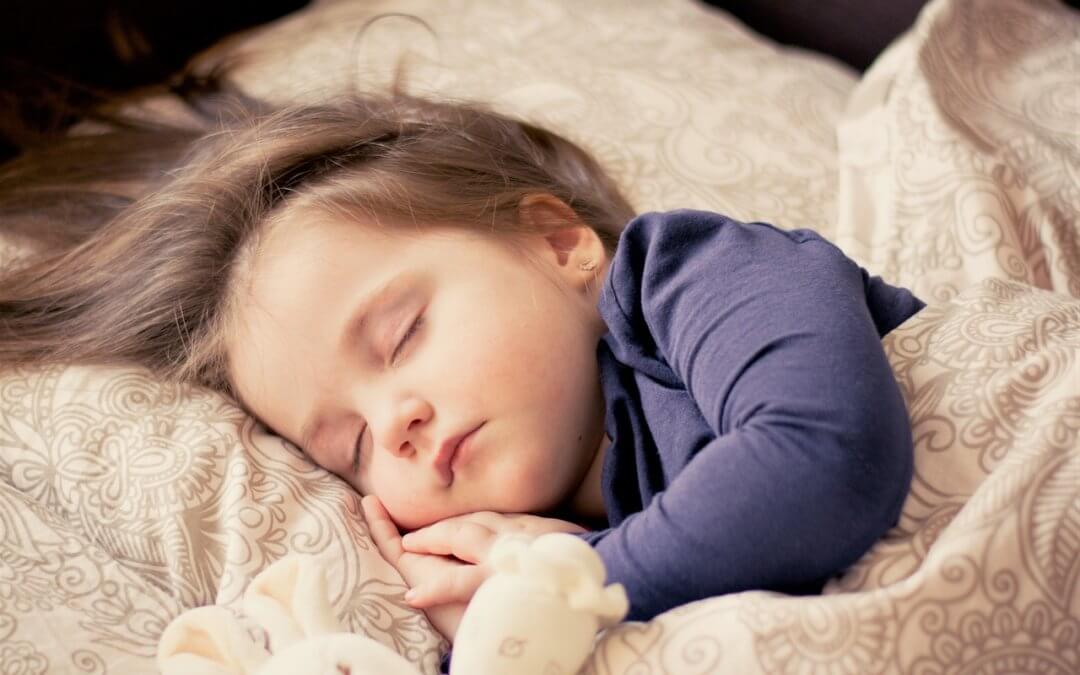It’s a little ironic that babies and children need much more sleep than adults, yet always seem to be waking up their parents! If your child has trouble falling asleep or staying asleep, it’s not just an annoyance for you–lost sleep has many negative effects on children, including drowsiness, reduced immunity, short tempers, memory and concentration loss, and increased risk of diabetes, among others! If your child isn’t sleeping the recommended number of sleep hours nightly, what can you do to help?
Do Not Give Your Child Medication
As much as parents might wish there was a magic sedative for their restless children, right now, there are currently no prescription drugs available for insomnia in children, which makes sense when you consider that drugs like Ambien are often addictive, unpredictable, and rife with side effects even for adults. Furthermore, this kind of pill might not even work for an infant–babies don’t understand the transition between being awake and being asleep the way adults do, and may just remain awake despite slowed brain activity from the drugs, which isn’t be healthy for a developing brain or a tired baby.
Try These Sleep Strategies
Trouble sleeping in children is very common–almost 70 percent of kids under 10 have some kind of sleep problem. There is much a parent can do without turning to pills, however. Here are a few things to try before seeking professional help:
- Start the routine earlier–The longer a child has to “get ready for bed,” the smoother and more natural the transition becomes between wakefulness and sleep
- No scary television or stories before bed–Exciting materials and imagery will get your child’s adrenaline up and prevent them from nodding off.
- No sugar or caffeine–Sugar or caffeine at any time of day can course through your child’s system even after bedtime, so try reducing or eliminating their intake of these substances.
- Regular bedtime–If your child is put down at the same time every night, their body will begin to anticipate bedtime and trigger its sleepy signals. An irregular bedtime, on the other hand, means crashing while awake and feeling hyper when in bed.
- No excessive naps–Talk with your pediatrician about how often your child should nap and when for their age, and don’t let them nap within three hours of bedtime.
- Calm fears–Many children can’t sleep because they’re afraid of the dark, so try creating a monster spray (water with a little lemon) and talking with a child psychologist if fears persist.
- Soft touches–Massage, head scratching, or back rubbing can help release endorphins and calm fears or anxiety in children before bed.
- Chamomile tea or bath oil–Unsweetened chamomile tea or a few drops of chamomile oil in a warm bath can be soothing for children and parents alike, though do not administer to children under three months of age and do not give oil internally!
See a Naturopathic Pediatrician
If you’ve tried all the above methods and your child continues to have sleep trouble, see a physician! It’s possible that your child’s sleep troubles are the result of an underlying medical condition, and a qualified naturopathic pediatrician will be able to safely and scientifically not only determine the cause but help you and your child get some much-needed rest.

